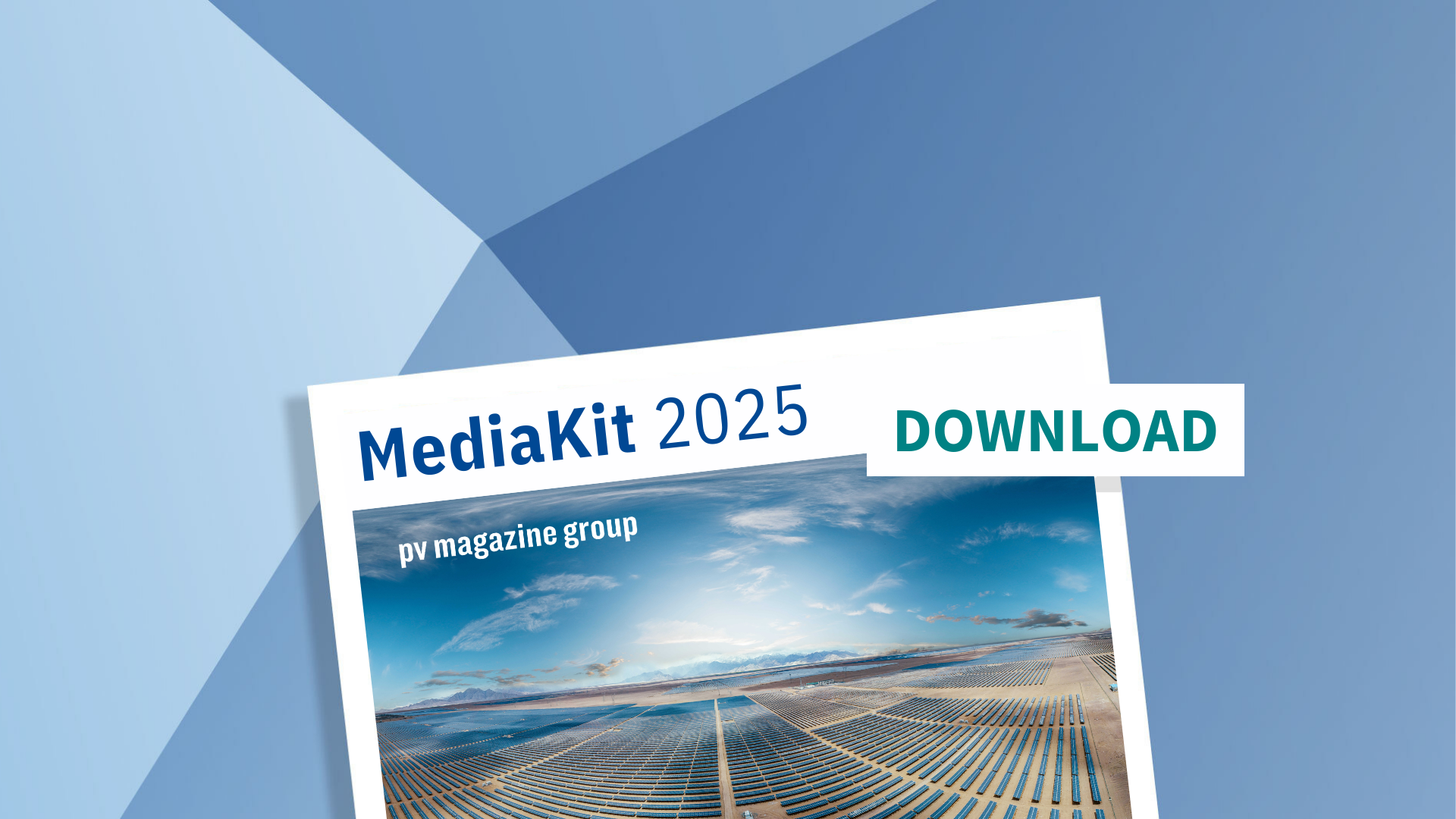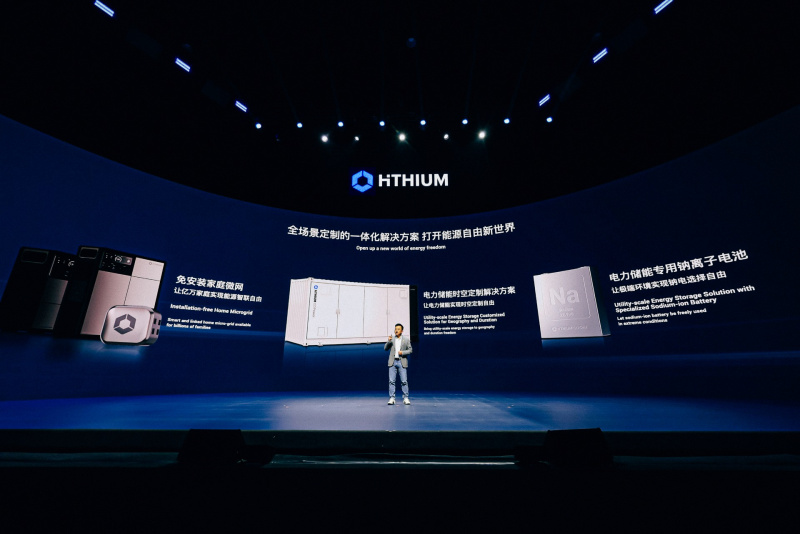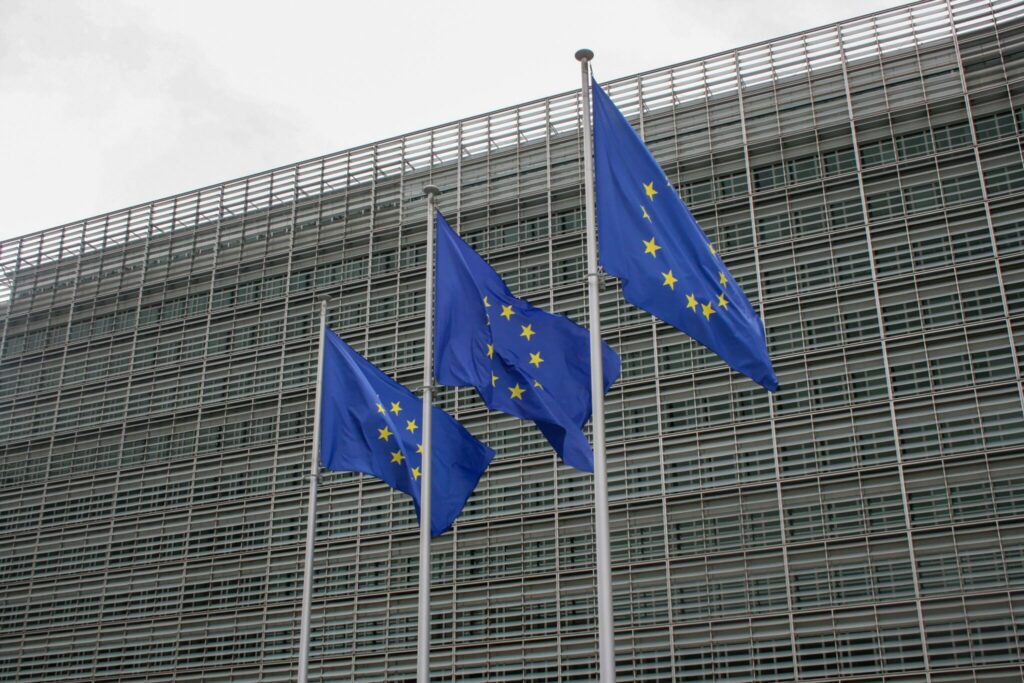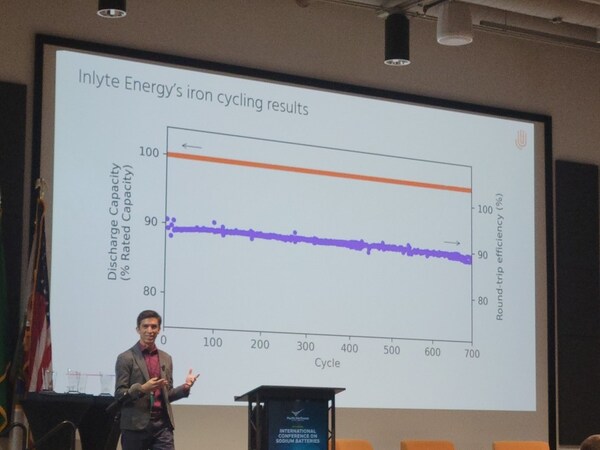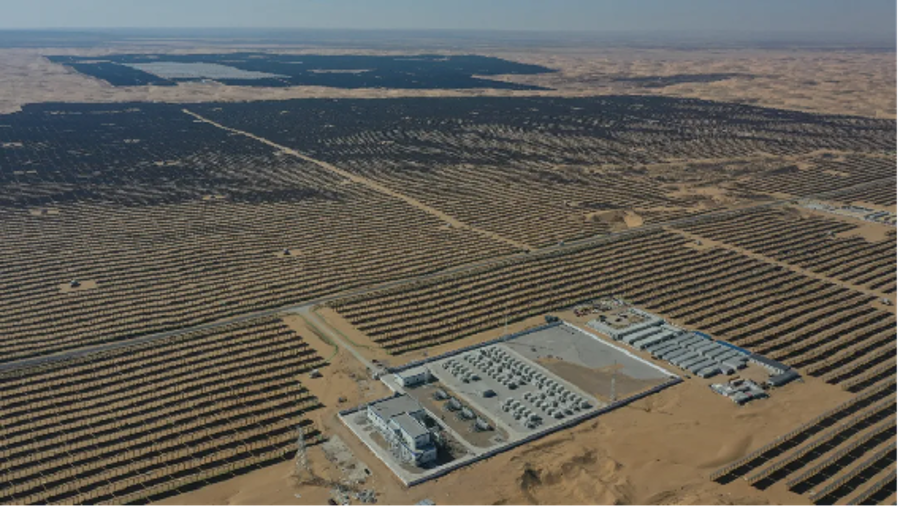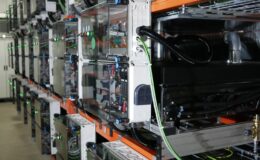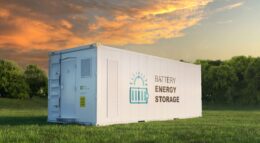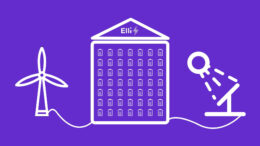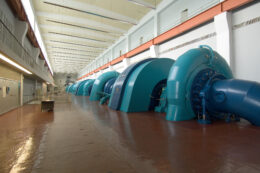Germany to lift restrictions on home storage systems discharging into the electricity grid
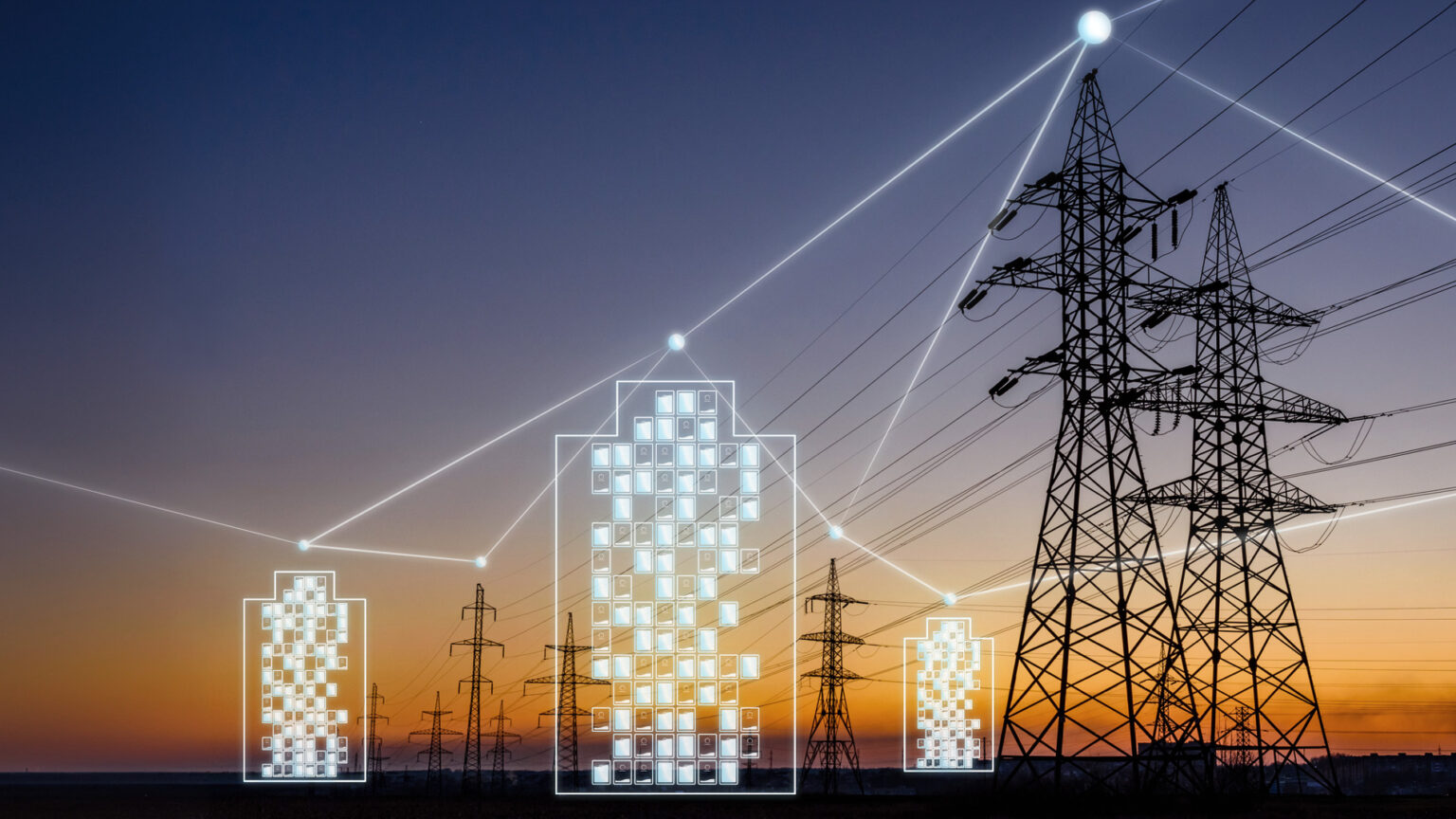
The German government is currently working to finalize an amendment to the Energy Industry Act that will enable the country’s home storage system owners to feed previously stored electricity into the national grid and use their battery storage system to charge from the grid at the same time. The 454-page amendment has already been adopted by the Federal Cabinet, and the now the German Minister for Economic Affairs, Robert Habeck, hopes to move the resolution through the parliament before Germany’s upcoming elections.
Germany has around 1.6 million home storage systems installed with a total output of 13 GW, but so far their owners have been limited to storing solar power from the connected photovoltaic roof system and releasing it later for household consumption. However, this measure is not being used to capacity due to legal constraints.
The government wants to lift restrictions for operators who are otherwise penalized by feed-in-tariffs under the EEG scheme. Under the existing law, only green electricity was allowed to be stored in the battery storage system if the EEG remuneration was not to be jeopardized. Operators wanting to enter the free market and participate in a virtual power plant, for example, had to take a major risk to do so.
In future, it should be possible for private home storage systems to be billed on a flat-rate basis. The electricity fed into the grid will then be remunerated up to a maximum of 300 kilowatt hours per kilowatt peak per calendar year. “This flat-rate approach, which is basically based on output, enables a particularly simple metering concept,” says the explanation of the amendment to the law.
Bernhard Strohmayer, Head of Renewable Energies at the German Association of the New Energy Industry (bne), sees the regulation as an important counterbalance to the planned reduction in direct marketing limits. “The amendment to the law does not simply extend the marketing limits to smaller systems. It also simplifies the market itself, which is particularly interesting for prosumer PV.”
With the proposals, storage systems could be better utilized within the market. This would enable storage systems or bidirectional vehicles to generate additional revenue and integrate them into the market via adapted prosumer electricity contracts. “In principle, you would no longer need an energy flow direction meter.” However, he added, this proposal is hardly known in the industry.



